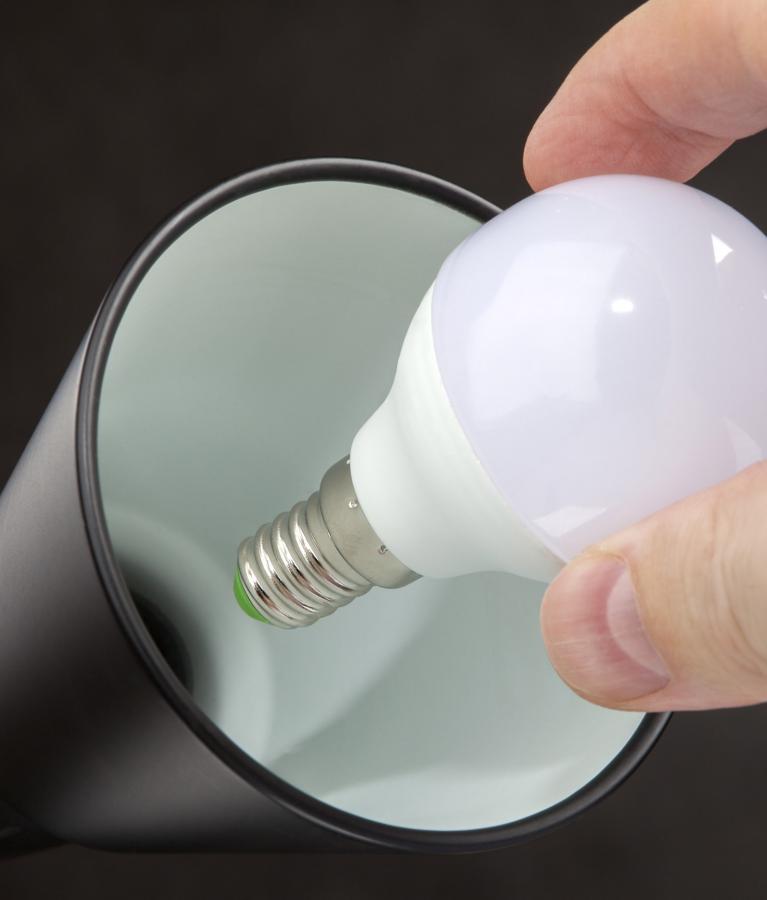Are your light bulbs burning out too quickly? How long your light bulbs last depends on many factors. Here's a look at some of the most common reasons you may not be getting the maximum life from your bulbs:
Excessive voltage
The electricity coming out of your wall sockets should be around 240 volts. While some fluctuation is perfectly normal, anything consistently above this voltage can shorten the lifespan of your bulbs. You can test the voltage in your home by using a consumer-rated voltmeter or by calling an electrician. In many cases, switching to low-wattage LEDs can greatly extend the lifespan of your bulbs.
Overheating
Have you noticed that your bulbs are burning out faster in enclosed fixtures? If so, the problem could be overheating. Placing a high-wattage bulb in a recessed fixture or glass globe can make it burn hot, resulting in a shortened product life. Consider replacing bulbs with cooler-running, energy-saving LEDs, halogens or CFLs. To get the same light output, compare the lumens on the package to the bulbs you’re currently using - don’t go by the wattage.
Excess vibration
If your bulbs are located in an area with a lot of vibration, for example, near a shaky ceiling fan or next to a door that opens and closes all day, the excess shock and vibration may be causing the filament to jiggle and burn out faster. In areas where this could be an issue, consider investing in shock-resistant ‘rough service’ light bulbs, which can last from two to 10 times longer.
Dirty or loose connections
The contact points inside a light bulb socket can become dirty or corroded over time, causing a faulty connection. If your light is flickering on and off, try tightening the bulb (make sure you’ve switched the light off at the wall first). If that doesn't work, call an electrician to check the position of the brass tab inside the light socket. While they’re at it, they can also check for…
A loose wire
Another culprit may be poorly installed or bad wiring. A loose or damaged wire can cause extreme current fluctuations, which will quickly destroy a bulb’s filament. Have a qualified electrician check your wiring connections to rule out the problem.
Don’t let burned-out bulbs and high energy prices get the best of you, check out EnergyAustralia’s electricity plans to make sure you’re getting the best deal on your electricity and gas.




